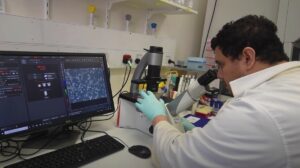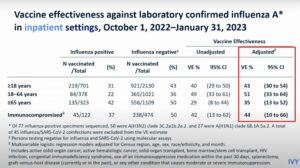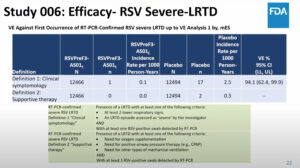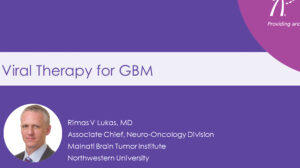NEW YORK (Reuters Health) – New research from France indicates that patients using anti-tumor necrosis factor (TNF) monoclonal antibody therapy are at greater risk for developing tuberculosis than are patients treated with soluble TNF receptor therapy.
Prior research has linked anti-TNF antibody therapy with tuberculosis, but it was unclear whether the association was drug specific, Dr. Xavier Mariette, from the Hopital Bicetre in Ile de France and colleagues note in the July issue of Arthritis & Rheumatism.
To investigate, the researchers analyzed data on TB cases recorded from February 1, 2004 to January 1, 2007 in a registry of patients receiving anti-TNF monoclonal antibody therapy.
Sixty-nine patients developed TB while being treated for various conditions, primarily rheumatoid arthritis. Five received etanercept, a soluble TNF receptor therapy. The others were treated with an anti-TNF antibody, either infliximab or adalimumab.
The incidence rate of TB, adjusted for gender and age, was 116.7 per 100,000 patient-years.
The overall standardized incidence ratio (SIR) was 12.2. However, the SIRs for infliximab and adalimumab were significantly higher than for etanercept: 18.6 and 29.3 versus 1.8, respectively.
On case-control analysis, use of infliximab or adalimumab rather than etanercept increased the risk of TB by 13.3- and 17.1-fold, respectively. Age, first-year of anti-TNF antibody therapy, and being born in an endemic area were also risk factors for TB.
“Our study provides clear evidence of a higher risk of TB with anti-TNF monoclonal antibody therapy than with soluble TNF receptor therapy. These differences can be supported by differences in the action of the 2 types of agents on membrane-bound TNF, leading to a differential effect on effector T cells and Treg cells,” the authors conclude.
Reference:
Arthritis Rheum 2009;60:1884-1894.




